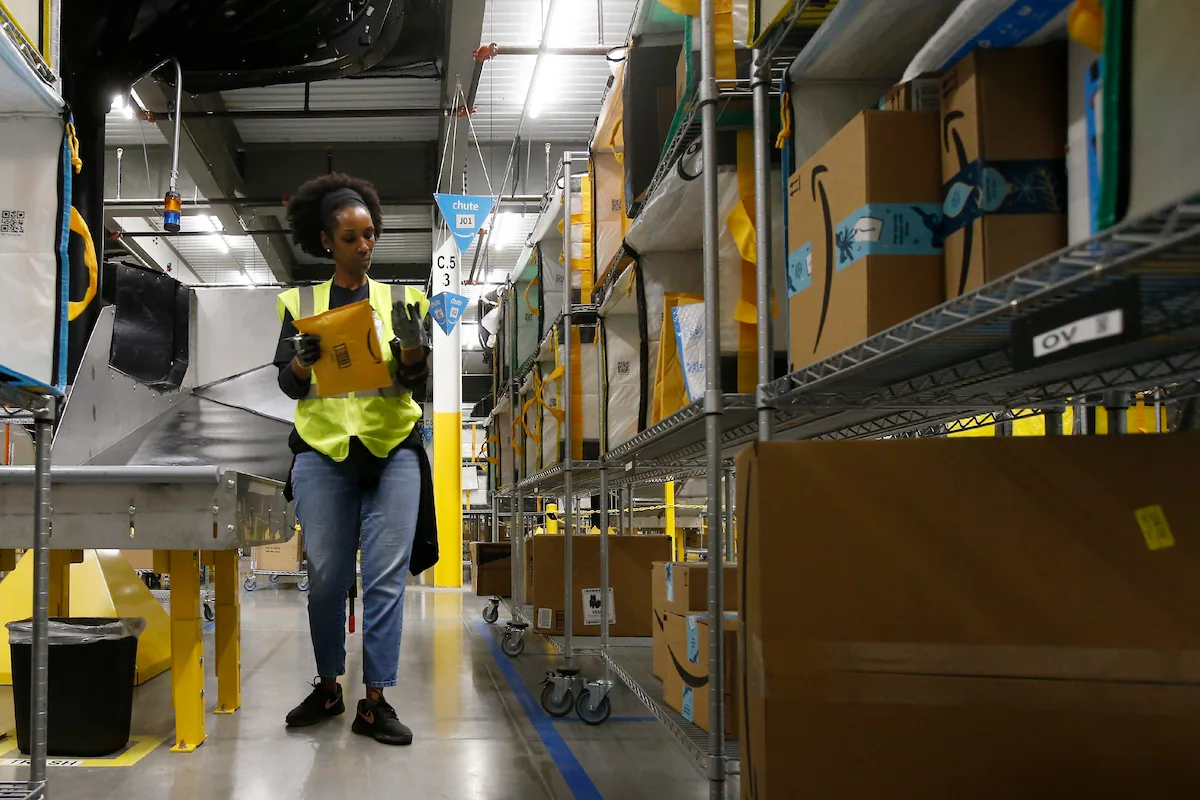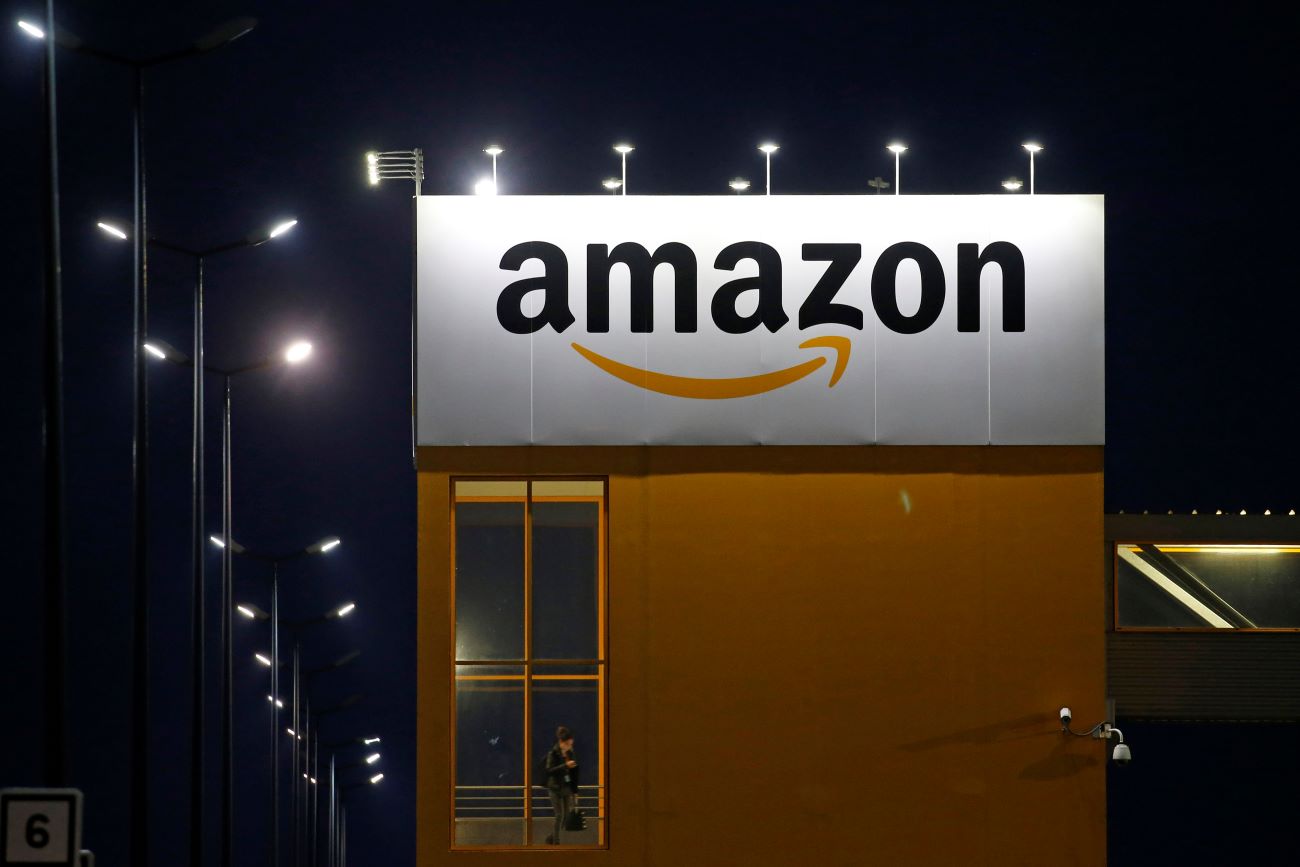On Friday, Virginia Governor Glenn Youngkin announced that Amazon Web Services (AWS) plans to invest $35 billion in new data centers across the state by 2040. This investment is set to become the largest economic investment in the history of the commonwealth.
The proposed deal is still subject to legislative approval for millions of dollars in incentives. However, a press release from the governor’s office indicated that leaders from both parties in the General Assembly are supportive of the deal.
According to the Associated Press, if the deal is approved, Amazon would receive incentives through a new Mega Data Center Incentive Program, as well as a grant of up to $140 million for workforce development, site improvements, and other associated costs.
Governor Youngkin tweeted that this investment is expected to create over 1,000 jobs across the state. This is significantly fewer than the 25,000 job openings that accompanied Amazon’s decision to establish a second headquarters in Arlington County in 2018.
The exact amount of the grant will depend on the number of jobs created, as outlined in the proposed legislation before the General Assembly. The grant will also include temporary exemptions from Virginia’s sales and use tax imposed on data centers.
The specific locations for the new data centers will be determined at a later date. Recent bills proposed in the state legislature aim to increase regulations on where these centers can be constructed.
Data centers have become a contentious issue, especially in northern Virginia (NOVA), where their presence is ubiquitous. Loudoun County, known as “Data Center Alley,” has the highest concentration of data centers in the country, with 115 facilities spread across 27 million square feet of operational space, according to Dgtl Infra.
While the NOVA region is favored by tech companies due to its historical significance as a network access point, many residents have expressed concerns about the noise and environmental impact associated with these structures.

Data centers, which house servers and hardware for internet support, require powerful fans and substantial cooling systems that generate significant noise. They also consume vast amounts of electricity, often necessitating the construction of high-voltage transmission lines.
Spencer Snakard, president of Protect Fauquier, spoke at a rally on August 29, 2022, near Manassas, Virginia, protesting a newly built data center for AWS.
Bill Wright, a Prince William County resident who opposed a recent data center expansion, remarked that Friday’s announcement shows how big tech money influences politicians.
While Wright does not object to data centers per se, he hopes they will be situated in areas that do not harm the environment and in rural regions where jobs are needed.
“Northern Virginia is being overwhelmed by these things,” Wright said. “We may as well start calling ourselves the Commonwealth of Amazon.” He also expressed skepticism about the state’s willingness to resist tech companies that prefer locations in northern Virginia.
State Senator Chap Petersen, D-Fairfax, sponsors a bill that seeks to restrict the placement of data centers near natural or historic resources. Petersen argued,
“In my opinion, the data centers are short-term financial gains with long-term environmental consequences. Industrial buildings with no actual workers are not the economy of the future. In fact, they may well be obsolete in a decade.
Meanwhile, we are losing valuable farmland and historic sites.” Petersen warned that Virginia risks being overwhelmed by data centers if adequate protections are not implemented.
Suzanne Clark, a spokeswoman for the Virginia Economic Development Partnership, stated that Amazon Web Services is exploring several site locations “in collaboration with the Commonwealth,” but specific sites have not been disclosed.
An AWS spokesperson did not provide details on the number of planned data centers or Amazon’s site preferences.







Leave a Reply